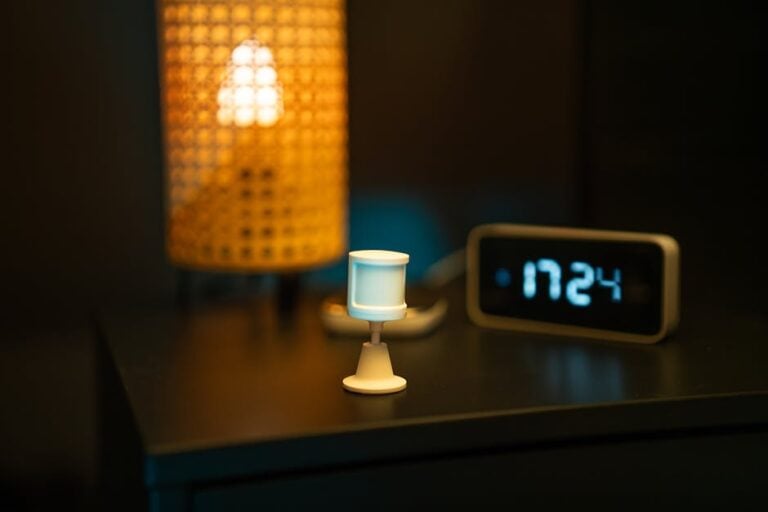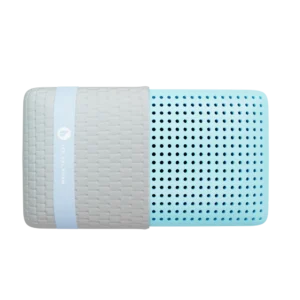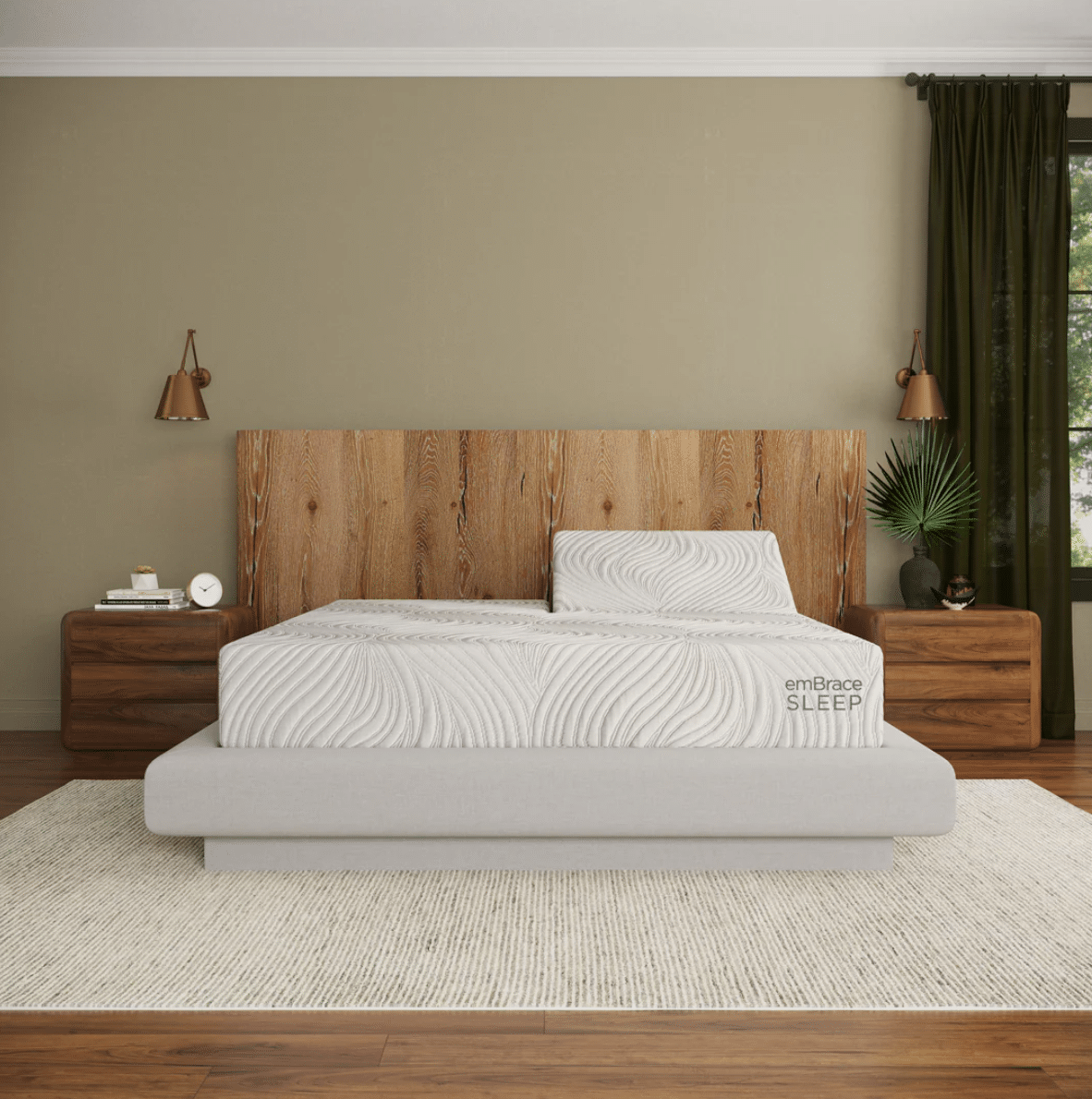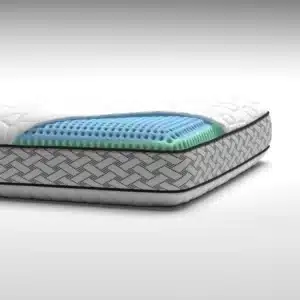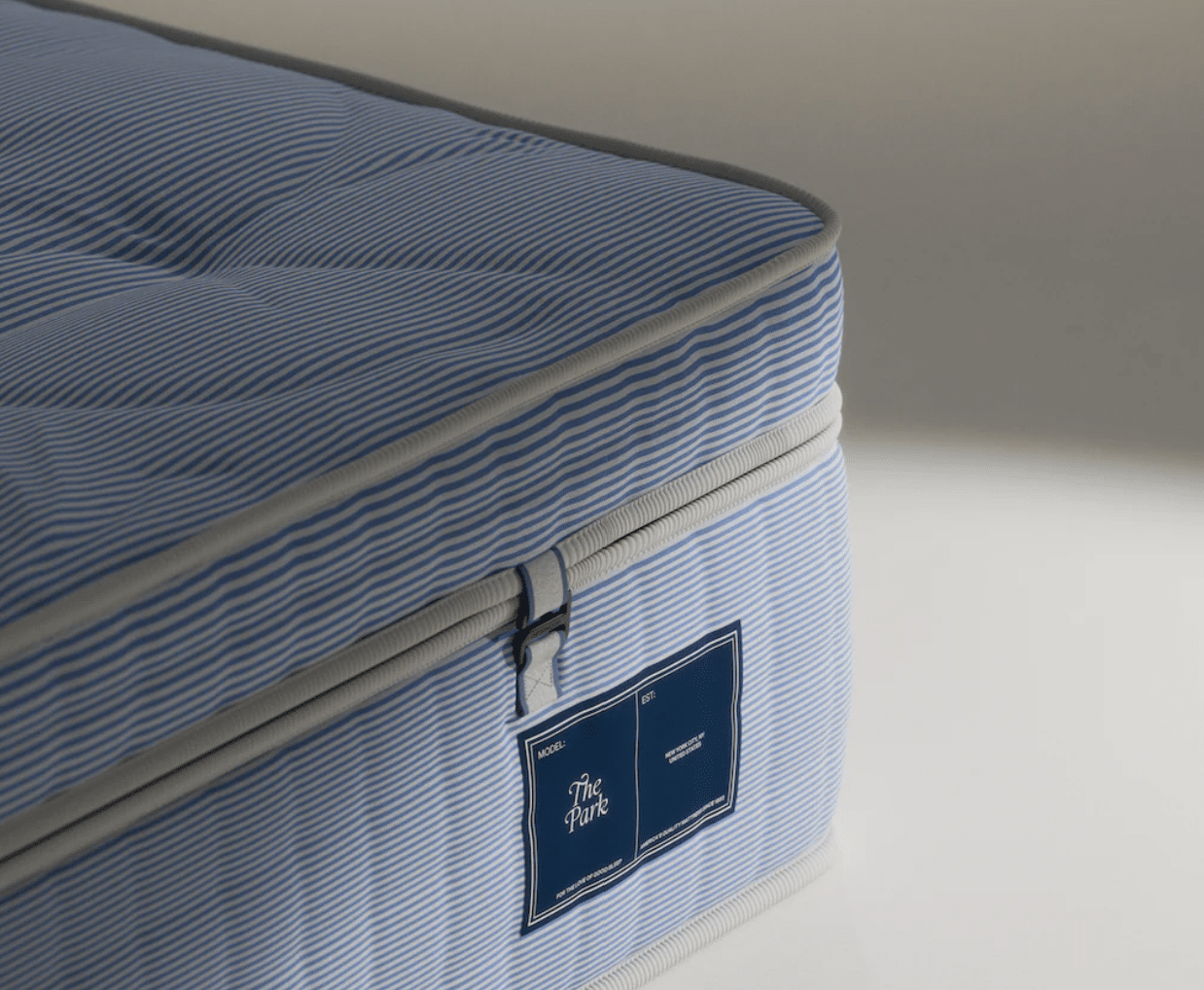The Ultimate Guide to Understanding Testosterone and Sleep
Understanding the Connection Between Testosterone and Sleep
The intricate relationship between testosterone and sleep is undeniable, as each significantly impacts the other. Essential for overall health, testosterone is not merely linked to physical attributes like muscle mass; it also profoundly affects mood, energy levels, and sleep quality. Understanding how these two elements interact can pave the way for a healthier lifestyle.
Testosterone levels naturally fluctuate throughout the day, generally peaking in the early morning. However, inadequate sleep or disorders such as sleep apnea can lead to diminished testosterone levels, causing a vicious cycle: low testosterone may disrupt sleep further, leading to even poorer health outcomes. With my personal and research-based insights at Yawnder, I aim to guide you through optimizing both testosterone and sleep for a balanced life.
The Impact of Sleep on Testosterone Levels
Circadian Rhythm and Testosterone Production
Testosterone production operates on a natural 24-hour schedule, often referred to as the circadian rhythm. Levels typically soar around 8 AM and gradually decline to their lowest around 8 PM, directly influenced by sleep cycles. Understanding these patterns is crucial for optimizing hormone levels.
Sleep Cycles: REM and NREM
Sleep is categorized primarily into two types: Rapid Eye Movement (REM) and Non-Rapid Eye Movement (NREM) sleep. NREM comprises four stages, with the deepest restorative sleep occurring primarily during the initial sleep cycles. These stages are pivotal for testosterone production, notably ramping up during your first REM stage and remaining elevated until waking. Thus, both the quantity and quality of sleep are vital for maintaining optimal testosterone levels.
Consequences of Sleep Deprivation
Sleep Deprivation and Testosterone Decline
A lack of adequate sleep can disrupt your body’s natural hormonal balance, leading to a significant drop in testosterone—by as much as 10-15% following just one week of under five hours of sleep per night. This decrease not only affects energy levels and libido but may also lead to long-term health complications.
Cortisol Levels and Circadian Disruption
Insufficient sleep raises cortisol, the body’s stress hormone, creating an additional hurdle for testosterone production. Elevated cortisol levels can exacerbate sleep disruptions, cementing a downward spiral: poor sleep leads to lower testosterone, which further diminishes sleep quality.
Testosterone’s Influence on Sleep Quality
Insomnia and Sleep Fragmentation
Low testosterone can manifest as sleep disturbances, including insomnia and frequent awakenings. Those with reduced testosterone often find falling or remaining asleep to be a struggle, leading to a lack of restorative rest.
Sleep Apnea and Adrenal Fatigue
Testosterone levels are also associated with sleep apnea, characterized by interrupted breathing during sleep, which can result in over-tiredness and decreased life quality. Treating conditions like sleep apnea may sometimes improve testosterone levels, though this relationship is complex and varies per individual.
Symptoms and Causes of Low Testosterone
Identifying low testosterone can facilitate effective solutions for better sleep and health. Common indicators include unnecessary fatigue, reduced libido, challenges concentrating, and increased daytime sleepiness.
Causes of Low Testosterone
Several factors contribute to low testosterone levels, including:
– Aging: Testosterone naturally declines with age, often leading to disrupted sleep.
– Sleep Disorders: Conditions like sleep apnea can exacerbate low testosterone levels, creating a cycle that’s hard to break.
– Obesity: Excess fat can convert testosterone into estrogen, further lowering overall testosterone levels.
– Sedentary Lifestyle: Lack of physical activity may contribute to lower testosterone. Regular exercise helps uplift hormone levels.
– Chronic Stress: Elevated cortisol due to stress can suppress testosterone production, highlighting the importance of stress management techniques.
Enhancing Sleep to Elevate Testosterone
Improving your sleep quality can dramatically enhance testosterone levels. Here are actionable steps:
Tips for Better Sleep
1. Maintain a Consistent Sleep Schedule:
Going to bed and waking up at the same time daily helps regulate your body’s internal clock.
2. Create an Ideal Sleep Environment:
Ensure your room is dark, cool, and quiet. Consider blackout curtains and a supportive mattress for uninterrupted sleep.
3. Limit Stimulants and Alcohol:
Avoid caffeine and nicotine in the later hours. While alcohol might initially make you drowsy, it can disrupt sleep cycles.
4. Reduce Screen Time Before Bed:
Blue light from devices can inhibit melatonin production. Aim to avoid screens at least an hour before sleeping.
5. Engage in Regular Physical Activity:
Exercise can expedite the process of falling asleep, but avoid strenuous workouts close to bedtime.
6. Practice Good Sleep Hygiene:
Develop relaxing pre-sleep routines, such as reading or meditating, to signal to your body that it’s time to unwind.
The Role of Testosterone Replacement Therapy (TRT)
For those battling significantly low testosterone, Testosterone Replacement Therapy (TRT) can offer remarkable benefits, although it’s essential to be aware of both advantages and potential drawbacks.
Benefits: Improved mood, increased energy, and enhanced quality of sleep are just a few advantages of effective TRT.
Risks: For some, TRT might exacerbate conditions like obstructive sleep apnea, highlighting the necessity for careful dosage management.
Conclusion
Understanding the symbiotic relationship between testosterone and sleep is key to enhancing your overall health. Low testosterone levels can adversely impact sleep, while poor sleep quality can precipitate further testosterone decline.
To optimize both, prioritize sleep quality and consider professional evaluations if you suspect testosterone imbalances. Simple lifestyle adjustments can contribute significantly to maintaining both sleep and hormonal balance. For tailored advice and solutions, visit Yawnder today and take the first step toward rejuvenated health through improved sleep and balanced testosterone levels.


